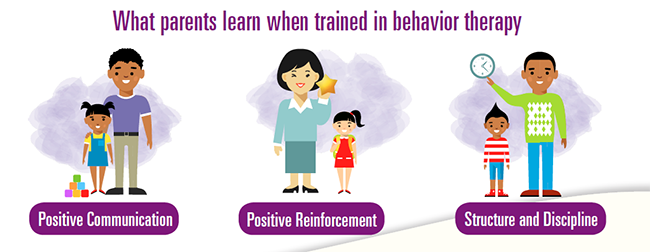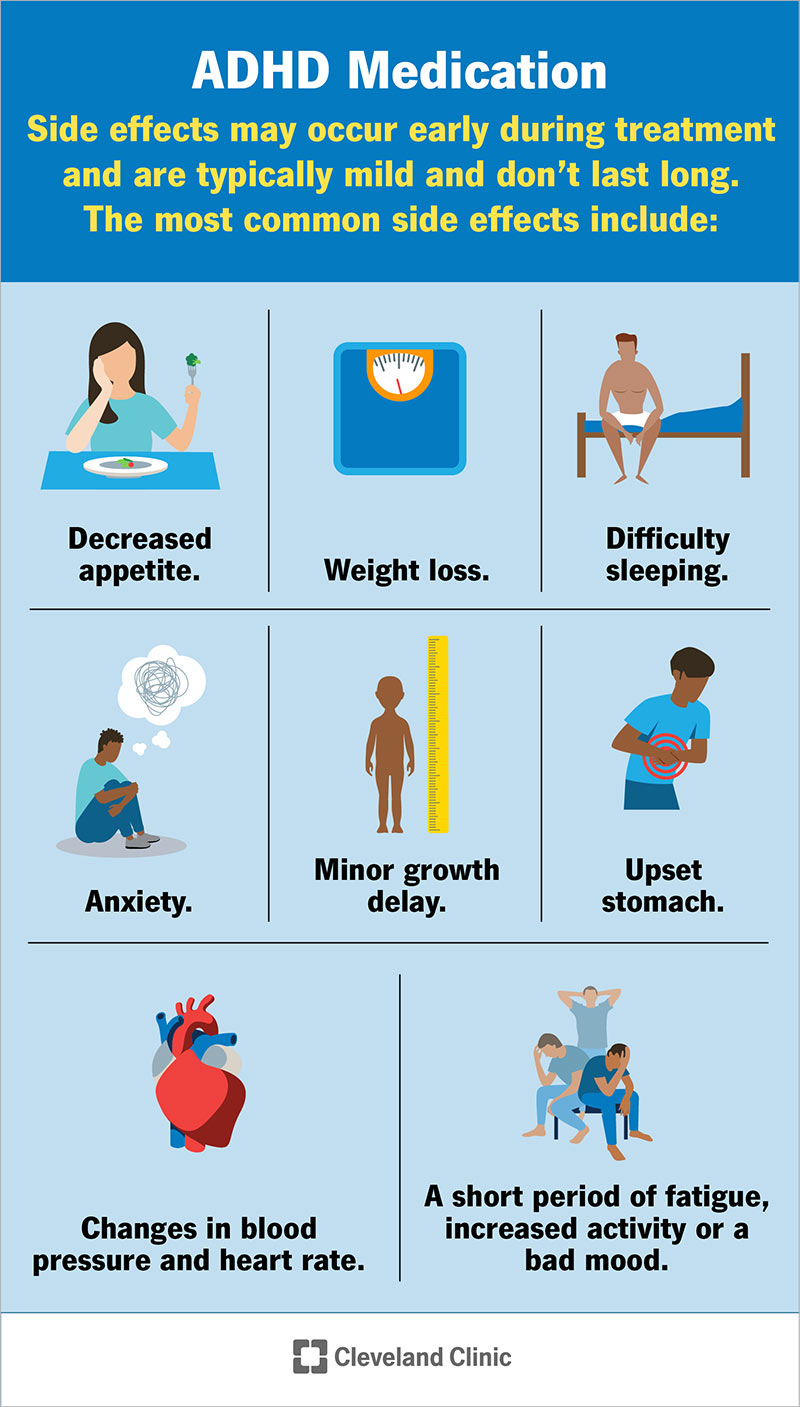Your Guide to Finding the Right ADHD Treatment for Enduring Outcomes
Navigating the complexities of ADHD therapy requires a nuanced understanding of both the problem and the myriad options readily available for efficient administration. It is important to recognize that what jobs for one person may not always produce the same outcomes for one more.
Comprehending ADHD and Its Impact

In adults, ADHD can lead to challenges in work environment settings, impacting productivity, time management, and interpersonal connections. Typically, undiagnosed or improperly handled ADHD can add to co-occurring mental wellness problems, such as stress and anxiety and anxiety, further complicating a person's total well-being.
The societal assumption of ADHD can differ, resulting in preconception and misunderstanding, which might impede individuals from looking for aid. As recognition expands, it is vital to foster an environment that advertises understanding and assistance for those impacted by ADHD, highlighting the demand for exact diagnosis and tailored approaches to reduce its effect on daily life.
Introduction of Therapy Options
A comprehensive technique to treating ADHD incorporates a selection of options customized to the person's one-of-a-kind requirements. These options can broadly be classified into behavior treatments, psychoeducation, and lifestyle modifications, together with medicinal treatments that may be checked out later on.
Behavior interventions, such as cognitive-behavioral treatment (CBT), emphasis on changing particular habits and developing coping strategies to manage symptoms effectively. Psychoeducation plays a vital duty in encouraging both individuals and their households by supplying information about ADHD, its challenges, and reliable approaches for support.
Way of living adjustments can substantially influence ADHD administration. Normal exercise, a balanced diet, and adequate rest contribute to total well-being and signs and symptom control. Mindfulness methods and leisure methods can also boost focus and lower impulsivity.
Assistance teams and family members treatment can foster a sense of area and understanding, assisting people feel less separated in their experiences. Each therapy alternative must be considered combined with the individual's preferences and circumstances, making sure an alternative strategy that advertises lasting success. Ultimately, the goal is to produce a tailored treatment plan that deals with the details obstacles connected with ADHD while boosting overall lifestyle.
Medicine: Advantages And Disadvantages
Medication plays a pivotal like it duty in the therapy of ADHD, with various choices available that can dramatically alleviate signs and symptoms for numerous individuals. Stimulants, such as methylphenidate and amphetamines, are generally suggested and have revealed efficiency in enhancing focus, decreasing impulsivity, and boosting total behavior. These medications function by boosting dopamine and norepinephrine degrees in the mind, which are typically dysregulated in those with ADHD.
Some individuals might experience side impacts, including sleeplessness, decreased appetite, or increased stress and anxiety. Furthermore, not all people respond to stimulant medicines, leading some to check out non-stimulant choices, which might have a delayed onset of action or different side results.
It is vital for people and their family members to evaluate these pros and disadvantages very carefully. Balancing the benefits of signs and symptom administration against prospective adverse effects is important for achieving ideal therapy outcomes. Partnership with doctor can help with enlightened decisions, guaranteeing that medication is component of a comprehensive ADHD monitoring plan.
Behavior Therapy Methods

One generally used method is Cognitive Behavior modification (CBT), which helps individuals identify and change negative thought patterns that contribute to ADHD-related challenges. Therapist for ADHD. Through CBT, clients learn to set realistic goals, manage time effectively, and establish organizational systems
Another reliable strategy is Moms and dad Monitoring Training (PMT), which enlightens moms and dads on exactly how to strengthen positive habits and decrease unfavorable ones through consistent discipline and interaction approaches. This strategy promotes a supportive home environment that encourages behavior renovations.
Social abilities training is likewise essential, helping people with ADHD browse social interactions more properly. Role-playing and modeling these details ideal habits can improve social competence and lower stress and anxiety in social situations.
Lifestyle Adjustments for Better Administration
Just how can lifestyle adjustments considerably original site boost the administration of ADHD signs and symptoms? Executing critical lifestyle alterations can lead to considerable renovations in focus, company, and psychological policy for people with ADHD.
Firstly, developing an organized daily regimen aids in creating predictability, which can ease sensations of overwhelm. Constant timetables for meals, research study, and rest can enhance everyday performance.
Incorporating regular exercise is additionally important, as exercise has actually been revealed to enhance dopamine levels, improving interest and inspiration (Therapist for ADHD). Going for at the very least half an hour of moderate exercise most days can be helpful
Nutrition plays an essential function. A well balanced diet regimen abundant in omega-3 fats, entire grains, and healthy protein can sustain cognitive feature. Restricting refined sugars and high levels of caffeine might lower signs and symptoms, as these can lead to power collisions and irritability.
Conclusion
In verdict, discovering the right ADHD therapy requires a multifaceted strategy that thinks about individual demands and preferences. Collaboration with medical care professionals and open interaction with support networks are crucial elements in navigating the intricacies of ADHD management, inevitably leading to long lasting outcomes and enhanced top quality of life.